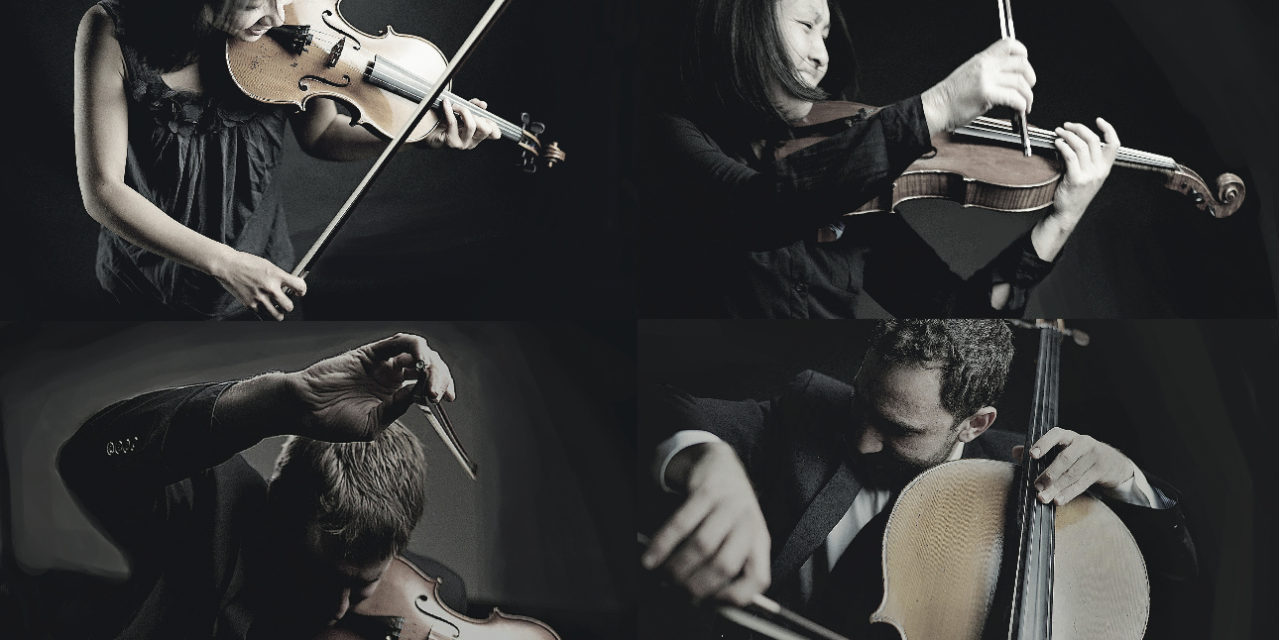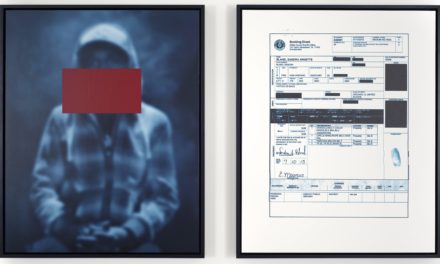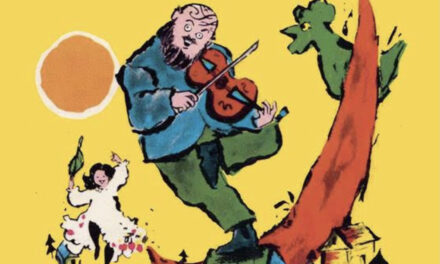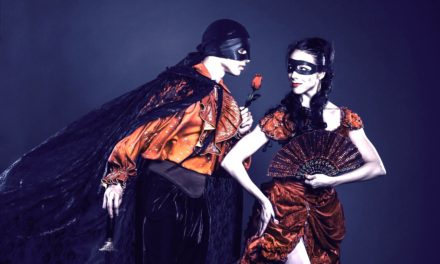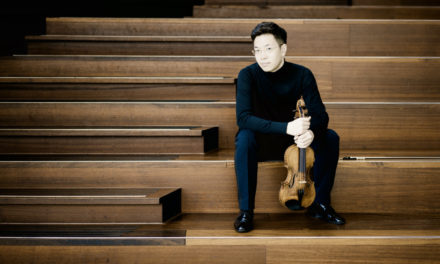By Daniel Buckwalter
Composer notebooks were open for all to hear this past weekend and for the wonderfully tuned Delgani String Quartet to interpret at the Wildish Community Theater in Springfield.
The best part — from the composers to Delgani, plus three sopranos, a storyteller, and two visual artists — was that the entire production had a Eugene-centric flair to it. Because not only is there is there performing talent to burn onstage in the Eugene-Springifield area, it’s plentiful in the creative process, too.
It was all clear to see Saturday night and Sunday afternoon in Local Sounds, Local Stories, a presentation by A-Squared Productions, an art, song and dance production company led by Anice Thigpen and Andrea Halliday.
As a rule, composers work in isolation. Yes, there’s collaboration deep in the process of creating music, but the initial spark of an idea and its rush to paper (emotional and literal) is singular in scope. There is joy and anguish, clinical success and confusion. It requires perseverance and love. It is not for the faint of heart.
Of the six Eugene composers featured in Local Sounds, Local Stories, some embraced the spotlight and spoke on stage. After all, it was their turn, and they took it. Others were modest, preferring to stand as darkened figures and wave among the near capacity Saturday night audience.
I was intrigued from the start. So after dinner at Bartolotti’s Pizza Bistro on Main Street (I have to mention this because the pastas there are to die for), I walked the two blocks to the Wildish to explore the spirituality of grief with the signature piece of the night, Thigpen’s What Death Can Touch.
She had the speaker’s role in a pre-concert talk. Eventually, she would talk about her piece, but first she personally introduced herself to each and every audience member. She got to me. We’ve never met. “I’m just meeting people,” she said. “Thank you for coming.”
She seemed to know everyone else. Hugs were abundant, and there was a profound moment during the Saturday night talk that I’ll get to later.
The Delgani String Quartet opened the concert with two pieces by Paul Safar (Black and Blue and The Walrus and the Carpenter, the latter with spoken-word illustration by storyteller Rickie Birran.
Next came Andrew Lewinter’s short segment from String Quartet No. 1 and then David Sprung’s String Quartet, written in 1959 while he was a student at Princeton University and revised 50 years later, in 2009. Sprung may have had the most fun on stage explaining his work. I had the feeling he could have gone for hours, and I would gladly have bought the beers.
The end of the first set, though, belonged to John Lundblade, who composed music for three poems sung by soprano Siri Vik. The third one, We Travelers, was remarkable, and a fitting send-off to intermission.
Lundblade was the most modest of the Eugene composers featured. He sat alone, in the upper reaches of the Wildish Theater. The Delgani String Quartet found him, a dark figure in the audience, and had him stand up to be acknowledged. He was only a few seats away from me.
I went to him at intermission. “That third piece was strikingly beautiful,” I said. He looked at the floor. “Thank you,” was his only reply.
After intermission it was Thigpen’s piece, with the Delgani String Quartet joined by sopranos Laura Wayte and Gretchen Farrar and a “movie” in the background created by visual artists Lillian Almeida and Sunny Selby. The 12-minute composition is based on a 1,000-year-old Moorish poem, ’Tis a Fearful Thing, and it was both beautiful and spiritual.
The concert ended with an energetic, dissonant and yet thoroughly harmonious piece by Terry McQuilkin, Invisible Light: Fantasy for String Quartet.
In her pre-concert talk, Thigpen explained the genesis of her piece, from a religious-related talk she once attended regarding personal loss and its impact on her difficult experience of having lost to death six important people — the sextet, she called it — in her own life. She was energetic throughout Saturday’s talk until one question made her pause.
Was the level of loss she experienced from those deaths revealed in her music? In other words, were some losses harder than others? And were those harder losses revealed in the sharper, harsher phrases of the music?
Thigpen paused. She almost choked back a tear, I think. Yes, she said, this was the case. Some deaths are harder than others. “And that’s a very good question,” she said.
It was asked by a child.
I was sold for the night.

